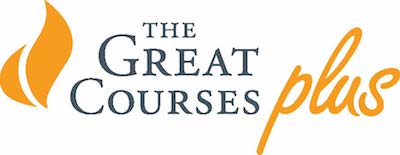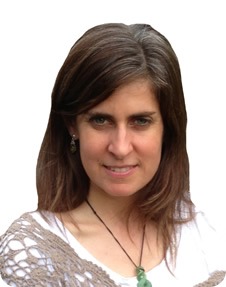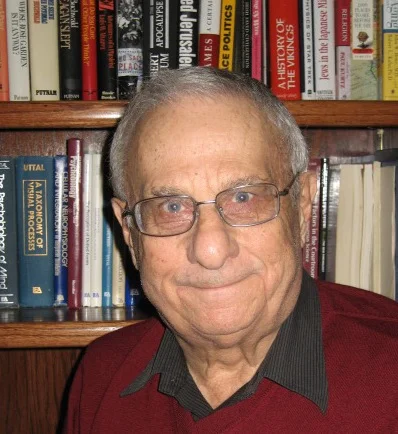Nurturing the Older Brain and Mind, by Pamela M. Greenwood and Raja Parasuraman (2012).
The Brain That Changes Itself: Stories of Personal Triumph from the Frontiers of Brain Science, by Norman Doidge.
Greenwood, P. M. (2007) Functional Plasticity in Cognitive Aging: Review and Hypothesis. Neuropsychology 21(6) 657–673.
Greenwood, P. M., and Parashauraman, R. (2010) Neuronal and cognitive plasticity: A neurocognitive framework for ameliorating cognitive aging. Frontiers in Aging Neuroscience 2: 150.
Gould, E. and Gross, C.G. (2002) Neurogenesis in adult mammals: Some progress and problems. Journal of Neuroscience 22 (3): 619-623.
Taub, E., Uswatte, G., and Elbert, T. (2002) New treatments in neurorehabilitation founded on basic research. Nature Reviews Neuroscience 3 (3): 228-236.
Grady, C. L., McIntosh, A.R., and Craik, F.I. (2003) Age-related differences in the functional connectivity of the hippocampus during memory encoding. Hippocampus 13 (5): 572-586.
Colcombe, S.J., A.F. Kramer, K.I. Erickson, P. Scalf, E. McAuley, N.J. Cohen, A. Webb, et al.,
Cardiovascular fitness, cortical plasticity, and aging. Proc Natl Acad Sci U S A, 2004. 101(9): p. 3316-21.
Hertzog, C., Kramer, A. F., Wilson, R. S. and Lindenberger, U. (2009) Enrichment effects on adult cognitive development: Can the functional capacity of older adults be preserved and enhanced? Psychological Science in the Public Interest 9 (1): 1-65.
Kramer, A.F., Larish, J. F., and Strayer, D. L. (1995) Training for attentional control in dual tasking settings: A comparison of young and older adults. Journal of Experimental Psychology: Applied 1: 50-76.
Nagamatsu, L.S., Handy, T. C., et. al. 2012. Resistance Training Promotes Cognitive and Functional Brain Plasticity in Seniors With Probable Mild Cognitive Impairment.Archives of Internal Medicine 172 (8) 666-668.
Liu-Ambrosea, T., Nagamatsua, L.S., Vosse, M.W., Khanc, K.M., and. Handy, T. C. (2012) Resistance training and functional plasticity of the aging brain: a 12-month randomized controlled trial. Neurobiology of Aging 33: 1690 –1698.
Willis, S.L. et. al (2006) Long-term effects of cognitive training on everyday functional outcomes in older adults. Journal of the American Medical Association 296 (23): 2805-2814.
For more references: see Nurturing the Older Brain and Mind.































